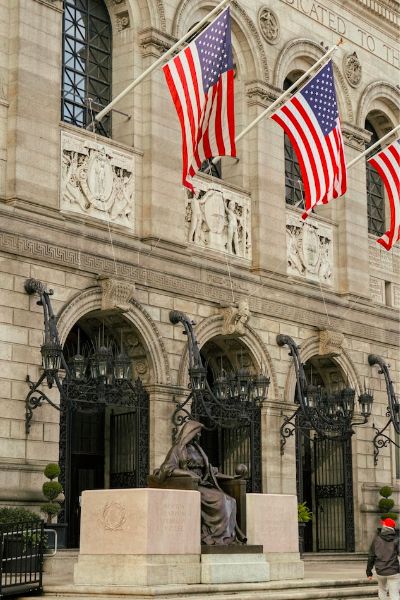
Public Opinion and Public Interest
By
Branko Terzic
Allow me to recommend Public Opinion by Walter Lippmann published in 1922.The general topic is that of democracy, citizenship, and the role of media in forming, in Lippmann’s words “public perception, expectation and actions.”
Regulators should read it as it will assist in forming views of the role of public opinion in their reaching the next series of crucial decisions in energy and climate change policy. Lippmann, writing on the formation of public policy, noted the difficulty in reporting on complex issues. His conclusion was that:
“News which requires so much trouble as that to obtain is beyond the resources of the daily press.”
As utility regulators deal with complex issues of fuel choices (nuclear, renewable, coal etc), transmission line approvals and new complex metering and tariffing provisions (time-of-day, demand-side management, net metering) they frequently meet with opposition from individuals and groups claiming to represent the “public” view.
Perhaps Lippmann’s writings can help as he observes:
“The hypothesis which seems to me the most fertile, is that news and truth are not the same thing and must be clearly distinguished. The function of news is to signalize an event, the function of truth is to bring to light the hidden facts, to set them into relation with each other, and make a picture of reality on which men can act,”
Public utility regulation is not based on the principle of gaining “popular opinion” as that is nowhere proven or difficult to be found. One could assert that the results of a “scientific” survey may be a substitute for a plebiscite but that leads to an entire series of new arguments. In addition, at any point in time “popular opinion’ may support wrong actions in law or be found to be incorrect in retrospect as more facts are uncovered.
The standard for regulators has been to make decisions in the “public interest” according to the law and the facts in the record as established in the proceedings leading to the decision. Judicial review is available to check; whether there was “due process” which allowed for a full presentation by all parties of all the facts available, whether the law was correctly applied and whether the decision was supported by the record. Nowhere is there a requirement that “popular opinion” be followed.
US public utility regulation was established initially in Wisconsin, New York, and California in 1907 under the “progressive” notion of “scientific regulation.” The idea was that independent experts could “scientifically” determine the answers to complex questions such as tariffs for companies deemed to be providing a “public services.”
It’s a good system. As a former state regulator, I am convinced that a public plebiscite on any of the many rate increase requests I approved during my six years as a commissioner in Wisconsin would have resulted in no rate increase being allowed and even possibly rate decreases. Similarly, as a member of the FERC, I am sure that certain pipeline construction applications would have been rejected by local voters in many cases while the proposed projects had clear regional or national benefits.
Moving into the next year regulators still need to make major decisions almost all of which will result in higher rates to consumers. In most cases the decision will be based on the approval of higher rates today leading to benefits, “in the public interest”, in the future. The best that one can hope for is that a majority of “public opinion” view the regulatory process as fair and the results as tolerable even if not desirable.
Public Opinion Paperback – March 23, 2020
Buy on Amazon
The Honorable Branko Terzic is a former Commissioner on the U.S. Federal Energy Regulatory Commission and State of Wisconsin Public Service Commission, in addition to energy industry experience was a US Army Reserve Foreign Area Officer ( FAO) for Eastern Europe (1979-1990). He hold a BS Engineering and honorary Doctor of Sciences in Engineering (h.c.) both from the University of Wisconsin- Milwaukee.
#BrankoTerzic #energy #regulations #experience #research #future #opportunity #strategy #management #people #electricity #power #utilities #future #renewables #RenewableEnergy #energysector #oilandgas #powergeneration #energyindustry #oilandgasindustry #sustainability #public
